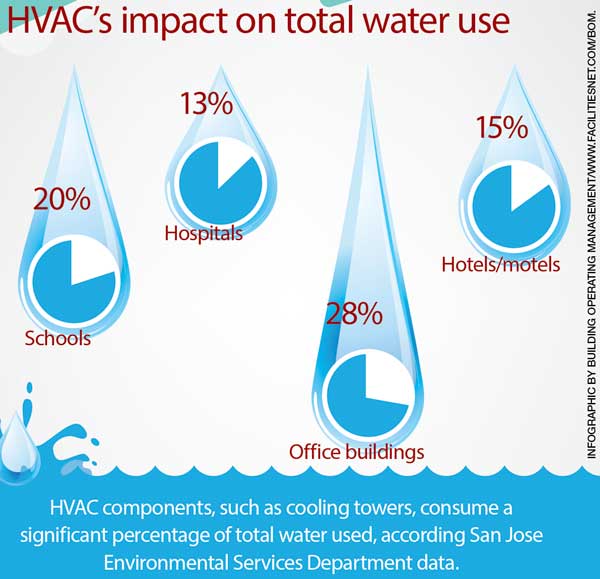How Weather Variables Affect Heat Pump Workflow And Practical Procedures To Address These Challenges
How Weather Variables Affect Heat Pump Workflow And Practical Procedures To Address These Challenges
Blog Article
Post By-Hewitt Munkholm
When it involves your heat pump, weather plays a critical function in its efficiency. From freezing temperature levels to sweltering heat, each component can influence how successfully your system operates. But what can you do to combat these weather-related obstacles and ensure your heatpump is working at its best? Remain tuned to uncover https://www.8newsnow.com/news/air-conditioner-maintenance-important-as-temperatures-climb/ and techniques to maximize your heat pump's efficiency, despite the climate condition it faces.
Weather Condition Variables Impacting Heat Pump Efficiency
Climate elements have a substantial effect on the effectiveness of heatpump. One vital element is temperature. Heat pumps function by moving warm from outdoors to within throughout winter and the other way around in summer season. As temperature levels decrease, it comes to be harder for the heatpump to essence warm from the outdoors air, decreasing its effectiveness.
One more key element is moisture. High humidity levels can make it much more challenging for the heat pump to launch warmth during the cooling process.
Furthermore, wind speed contributes. Strong winds can dissipate the warm soaked up or released by the heatpump, impacting its total efficiency.
Tips for Optimizing Heatpump Efficiency
To enhance the effectiveness and long life of your heatpump, executing a few vital strategies can make a considerable distinction in its efficiency.
To start with, guarantee normal maintenance by cleaning or changing filters every 1-3 months to prevent air movement blockages and take full advantage of airflow. Furthermore, timetable annual specialist inspections to find and address any kind of potential issues early.
Optimal thermostat setups also play a crucial function. Throughout the winter months, aim for a temperature setup that's as low as comfortable, and throughout the summertime, set it as high as comfortable to reduce the workload on your heatpump. Using a programmable thermostat can assist you instantly adjust settings based on your routine.
Moreover, securing leakages in ductwork and shielding air ducts in unconditioned areas can avoid energy loss and boost general system performance.
Lastly, take into consideration mounting a smart thermostat that can learn your habits and change setups as necessary, further enhancing your heat pump's efficiency. By adhering to these tips, you can ensure your heatpump operates efficiently and effectively throughout the year.
Best Practices for Weatherproofing Your Heatpump
For optimal performance and efficiency of your heatpump, applying weatherproofing actions is important. Start by sealing any kind of spaces or splits around doors, home windows, and ductwork to prevent heat loss and keep a consistent interior temperature level.
look at here now exposed pipelines and air ducts to avoid freezing throughout winter and make certain proper air movement. Consider installing a safety cover over the outdoor unit to shield it from severe climate aspects like snow, ice, and particles.
On a regular basis clean the outside device to remove dust, leaves, and debris that can obstruct air movement and lower performance. In addition, keep the location around the heatpump free from snow, ice, and plant life to permit correct ventilation.
Final thought
Since you comprehend exactly how weather condition affects your heat pump efficiency, you can take positive actions to optimize its effectiveness. By adhering to the suggestions detailed in this post, such as normal upkeep, thermostat adjustments, and weatherproofing steps, you can make sure that your heatpump runs at its ideal despite the weather. Remain successful and keep your home comfy all year round.
